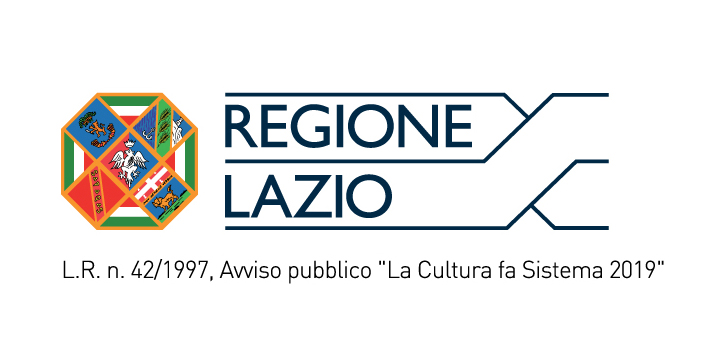Recent studies and experts’ opinions have shown that many economists believe in the benefits of trade agreements. These agreements, such as the AP Agreement and the Property Maintenance Agreement, play a crucial role in promoting economic growth and globalization.
One prominent example of an economist supporting trade agreements is Gina Zimmitti, a renowned music contractor. Zimmitti recognizes the positive impact of trade agreements on the music industry, as they facilitate international collaborations and increase market access for artists.
Trade agreements also extend beyond specific industries and can have a significant influence on a country’s overall economy. For instance, India has a currency swap agreement with various nations, enabling smoother trade transactions and reducing exchange rate risks.
Furthermore, trade agreements help establish clear guidelines for contractual obligations in contract law. They provide a framework for businesses to navigate legal requirements and ensure fair and transparent trade practices. This is particularly important for international transactions, where differences in legal systems can create complexities. Understanding contractual obligations in contract law is crucial for businesses to operate smoothly.
Academic institutions, such as Stanford University, also recognize the value of trade agreements. Stanford University actively engages in research collaborations through agreements like the Stanford University Research Agreement. These agreements facilitate knowledge exchange and foster innovation through cross-border cooperation.
In conclusion, trade agreements have garnered support from economists, industry professionals, and academic institutions. They play a vital role in promoting economic growth, facilitating international collaborations, and ensuring fair trade practices. As the global economy continues to evolve, it is imperative for nations to engage in constructive discussions and negotiations to establish beneficial trade agreements.


